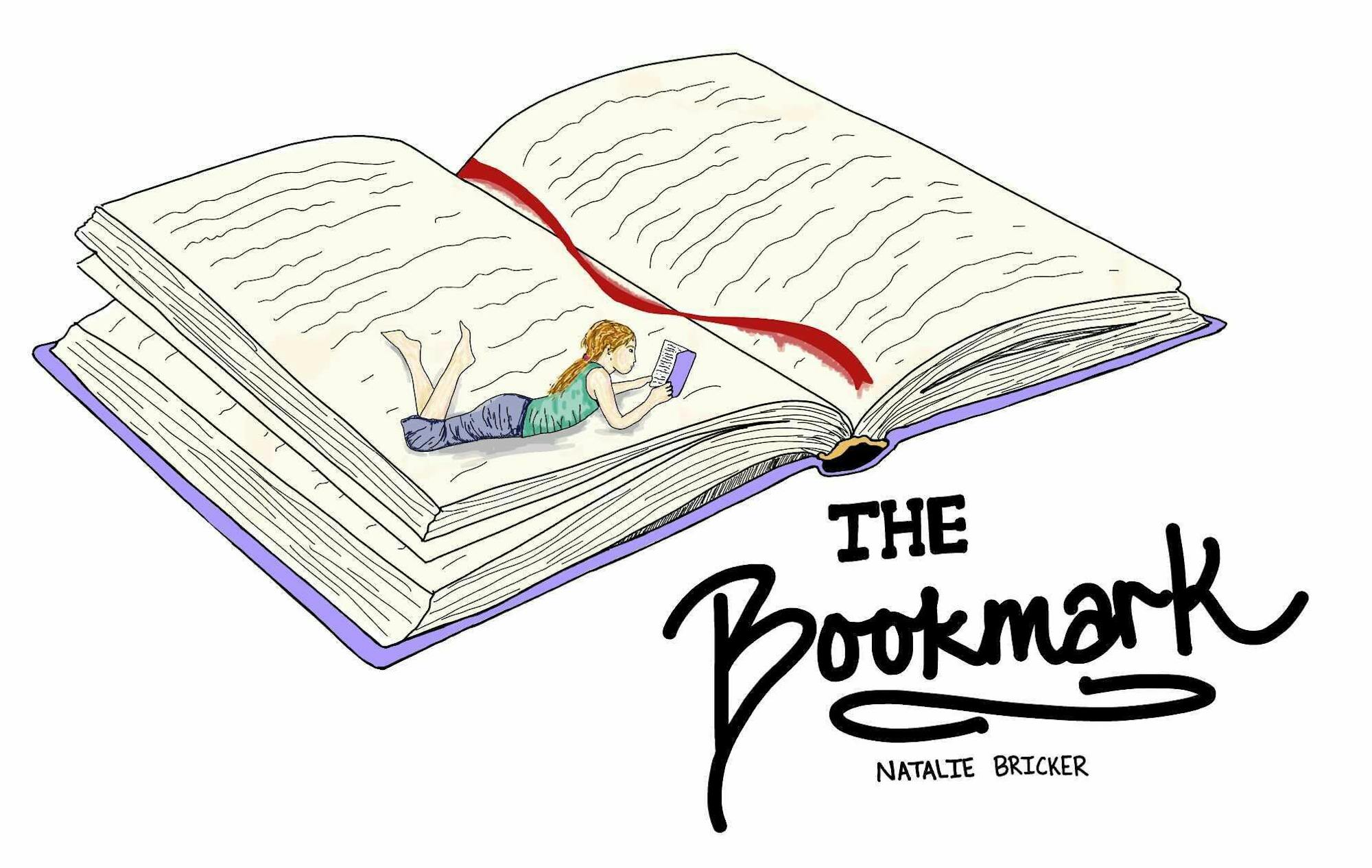Disclaimer: This article contains spoilers for the “Dune” book and film series.
Welcome back to “The Bookmark,” your go-to column for book reviews! Last week, we started off with a review of a relatable coming-of-age novel.
This week, we’re shifting to a very different genre: science fiction. We’re talking about “Dune” (1965) by Frank Herbert. I’m super late to the game with this one, having just read it for the first time this month even though it came out way before I was born. This book is extraordinary. I was amazed by its worldbuilding, complicated character arcs and great pacing. It’s probably the best sci-fi novel I’ve ever read (although I did love “Project Hail Mary” (2021) and “Ender’s Game” (1985), so it might be a three-way tie for the top spot).
I used to shy away from sci-fi novels because I thought they were hard to understand with their crazy complex technical terms. Granted, “Dune” does have an entire glossary of complex terms, but it helped that I’d seen the 2021 film adaptation, “Dune: Part One,” several times.
A note on seeing the movie before the book: Don’t do it! … Except for maybe this one exception. I found reading “Dune” much easier after having seen the movie, and it didn’t take away from my reading experience at all. The book feels like a whole different story since there’s no way a film could fully represent the third-person omniscient point of view that the book is written in.
The world of Arrakis, informally called Dune, is referred to as a “waterless void.” Herbert’s description of the landscape uses beautiful imagery to fully immerse the reader in this world: “Color streamed into a toe of darkness testing the sand. Coal-colored shadows spread, and the thick collapse of night blotted the desert.”
Perhaps the most impressive imagery, however, is in the descriptions of time, as protagonist Paul Atreides adjusts to his prescient abilities: “In grasping the present, he felt for the first time the massive steadiness of time’s movement everywhere complicated by shifting currents, waves, surges, and countersurges, like surf against rocky cliffs.”
Toward the end, Paul’s ego inflates and he muses on thoughts like “I cannot do the simplest thing without its becoming a legend.” The relationship between Paul and his mother, Jessica, change drastically as they both evolve into their roles: “Jessica glared at her son, shocked by the profound change in him.” I hope the second movie accurately captures this dramatic shift, because it was an essential part of the novel. Paul says to Jessica: “You should fear me, Mother.”
The only reason “Dune” doesn’t score a 5/5 for me is because it is so information dense. Yes, this density of information is part of what makes it so incredible, but it was just too overwhelming sometimes. With time jumps back and forth along with a wide array of worlds — each with its own political structure, military hierarchy, traditions, religions and languages — reading this book felt like navigating a maze sometimes. But I assure you, it’s so worth it! This is one of the most interesting books you’ll ever read.
I’ll leave you with the very last line of the book, which struck me for two reasons: It borders on Oedipal in suggesting Paul’s mother becoming a wife figure, and it firmly states that Jessica and Chani, Paul’s concubine, still hold great power, even with all the chaos that’s occurred.
“Think on it, Chani … we who carry the name of concubine—history will call us wives.”






